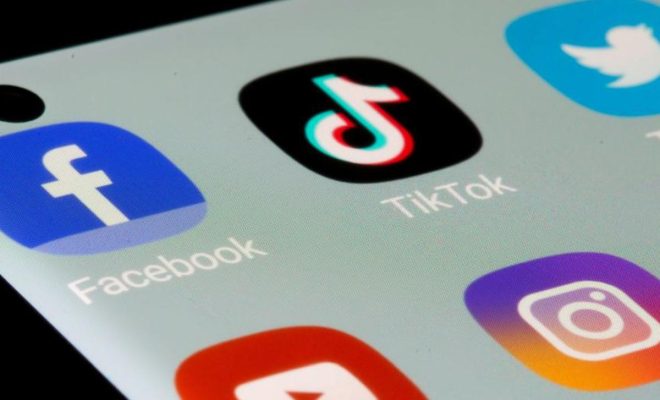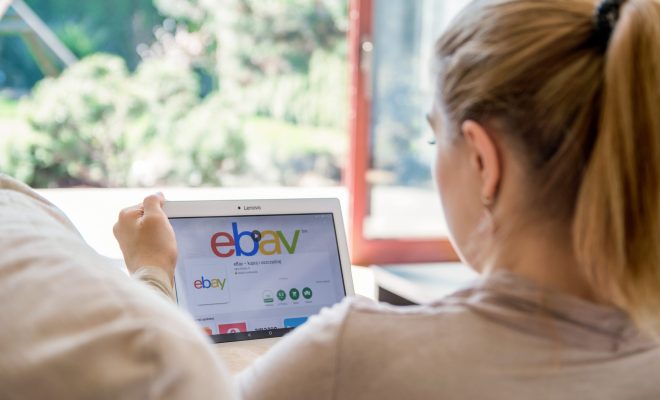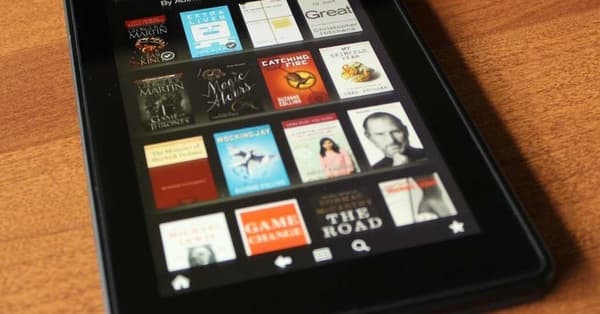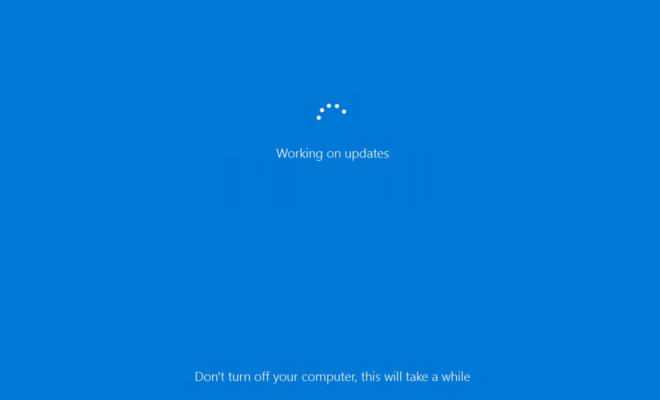Does Social Media Do More Harm Than Good for Society?

Social media has become an inescapable part of our lives, with billions of people around the world using platforms such as Facebook, Twitter, and Instagram to connect with each other, share news and opinion, and build online communities. While social media can be a powerful tool for communication and social networking, there is growing concern that it may be doing more harm than good for society.
One of the main arguments against social media is that it can be incredibly addictive, leading to a range of negative consequences for users. Studies have found that excessive social media use can contribute to feelings of loneliness, anxiety, and depression, as well as sleep problems and decreased productivity. Many people also fall victim to the “fear of missing out” (FOMO), feeling a constant pressure to check their notifications and stay up to date on the latest news and trends.
Another concern with social media is the potential for it to exacerbate social divisions and polarize society. Online echo chambers and filter bubbles can create an us vs. them mentality, making it harder for people to engage in constructive dialogue or find common ground. Social media algorithms also have a tendency to promote content that is sensational or controversial, incentivizing creators to generate clickbait and misleading information that can fuel political polarization and tribalism.
Social media has also been linked to a rise in cyberbullying and harassment, with many users feeling emboldened to engage in abusive behavior when they can hide behind the anonymity of a screen. This can have serious consequences for victims, ranging from emotional distress to reputational damage and even physical harm. Moreover, social media companies have faced criticism for their lax approach to moderating hate speech and harmful content, which can further amplify marginalized voices and contribute to online toxicity.
Despite these concerns, there are still many who argue that social media can have a positive impact on society, by providing a platform for activism, promoting public discourse, and facilitating social connections across geographic and cultural boundaries. Some studies have even found that social media can contribute to higher levels of civic engagement and political participation, particularly among young people.
Ultimately, the question of whether social media does more harm than good for society is a complex one, with no clear answer. While the risks and downsides of social media need to be taken seriously, it is also important to acknowledge the potential benefits and opportunities that it can offer. To ensure that social media works for rather than against society, further research, advocacy, and regulation is needed to address the negative effects while harnessing the positive potential of this powerful tool.






